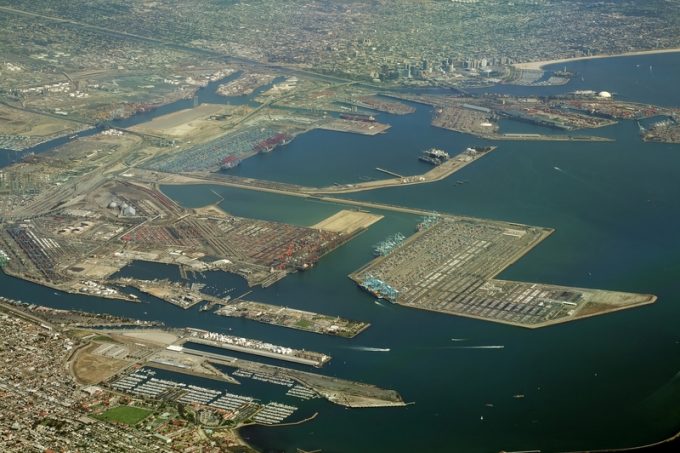Crime gangs using fake security seals to access China-to-US containers
The ability to access and replace the seal on containers is triggering increased amounts of ...

With the US economy showing no signs of ending its bull run, California’s San Pedro Bay ports, Los Angeles and Long Beach, handled record numbers of containers last year.
Container throughput at Los Angeles hit an all-time high of 9.3m teu, while neighbouring Long Beach is set to announce ...
Keep our news independent, by supporting The Loadstar
Red Sea crisis has driven most new capacity into extended Asia-Europe trades
Explosions and 'out-of-control' fire reported on Wan Hai box ship
Carrier price hikes hold, driving spot rates higher as space gets scarcer
Crew forced to abandon ship in latest fire on vessel carrying EVs
The Loadstar Podcast | Transport Logistic and Air Cargo Europe 2025
Asia-West Africa ULCV deployment opens new markets for carriers
Turkish Airlines falls foul of air safety regulations, claims India's aviation authority

Comment on this article